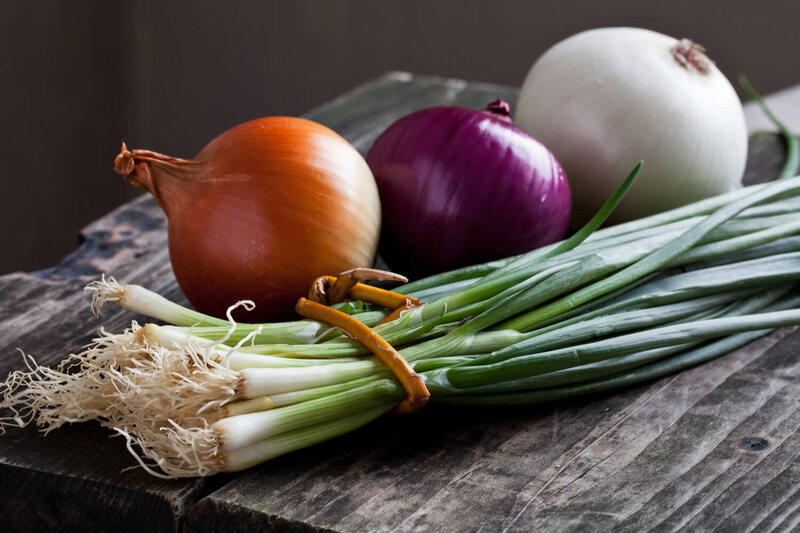The food you consume has a big influence on various parts of your health, including something that people usually forget about the way it modifies your body odor. Foods like garlic or cruciferous vegetables can change for better or worse how you naturally smell. Body odor mainly comes from sweat mixing with bacteria on our skin, but what we eat changes the scent of our sweat and consequently affects the whole body's aroma. In this article, we shall investigate how six particular types of food can change your smell. We will also offer an understanding of how diet has a role in altering your body's odor.
Garlic is famous due to its effect on body smell, mainly because it holds sulfur elements such as allicin that come out during digestion. These elements can go into the blood and lungs; this is why garlic changes not only your breath but also your skin's smell. The aroma of garlic stays on the skin a long time after you finish eating since these sulfurous substances are discharged through perspiration. While garlic provides many health advantages, its powerful smell might not be appealing to some individuals.

Similar to garlic, onions are a part of the allium family and they have a comparable impact on body smell. Onions possess compounds that contain sulfur which get disassembled in your digestion process, finally exiting through your skin pores. The decomposition of these components results in a potent aroma that combines with sweat affecting the overall scent of your body. Similar to garlic, the strong scent can linger for hours after eating, so if you eat a lot of onions it might cause a significant change in your body's smell.
Another type of food that can greatly affect how your body smells is red meat. This is mostly due to its digestion process in our bodies. Your body takes effort and time to break down red meat, depleting high amounts of energy during the whole procedure. In this long course, amino acids from red meat might leave leftovers inside your digestive system which could then be released through perspiration or sweat. Research indicates that individuals who eat plenty of red meat may have a stronger body smell than those who consume it less because the byproducts from protein decomposition can create a more robust and intense odor.
Vegetables like broccoli, cabbage, and Brussels sprouts that fall under the cruciferous category contain high levels of compounds with sulfur. This element can cause body smell. Despite having a lot of health advantages due to their nutritional value, these vegetables also have sulfur which may result in gases such as hydrogen sulfide when they are digested. Apart from causing gas release or flatulence, this process might impact your sweat too. After eating a lot of cruciferous vegetables, the outcome is frequently a somewhat sulfuric or unpleasant scent that may stay around.
Some spices, such as cumin and curry, are famous for their powerful scent character. This smell can affect body odor for a long time after eating them because these spices usually have many oils that get into the blood and come out through the skin. So people who eat foods with a lot of cumin or curry or other strong flavors might find that they have stronger body odors. The impact can be especially powerful when these spices are a consistent part of the food intake, and others nearby you might sense this smell more prominently.

Milk-based foods, especially if they contain a lot of fat, can impact how your body smells. When you eat them and your body starts to break them down, these dairy items could mix with skin bacteria and this interaction might produce compounds that don't smell good. This happens partly because proteins and fats in milk products are broken down into substances such as lactic acid which may cause odor. If you have sensitivity to milk products or if you eat a lot of it, your body smell might become more intense when these secondary effects are expelled through your sweat.
What we eat can change our body smell, but it's key to remember this effect differs in each individual. Above mentioned foods are known to cause different changes in body odor, however, aspects like genes, cleanliness, and general eating habits also contribute to how one smells. Control of your body scent with the help of diet involves realizing the impact specific foods have on you and modifying accordingly when required. In certain situations, limiting the intake of foods such as garlic or red meat can aid in decreasing body smell. At last, paying attention to how food consumption affects smell might be a critical move toward enhancing your natural body odor.











